We are baking in the Global South
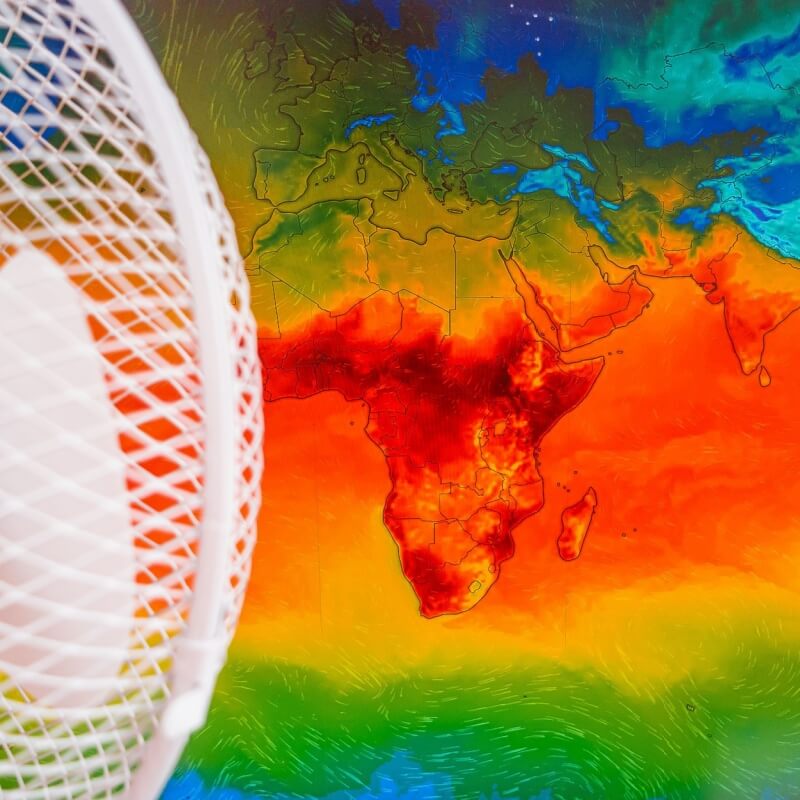
Southeast Asia, the Indian sub-continent, and parts of Africa are all sitting in the eye of an extreme heatwave. I’m in Thailand and it’s intense
How many mass die-offs or extinctions will we accept before we act?
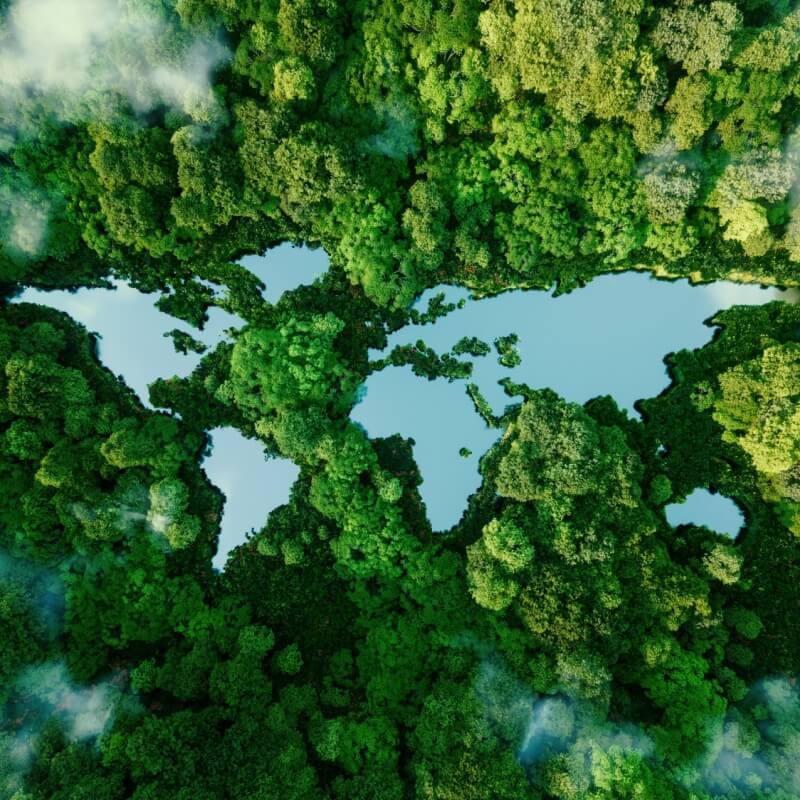
Mass die-offs are being reported at a rapid rate these days, and the numbers are escalating. One has to wonder – how many mass die-offs
NASA climate leader, we need more data, we need to work faster
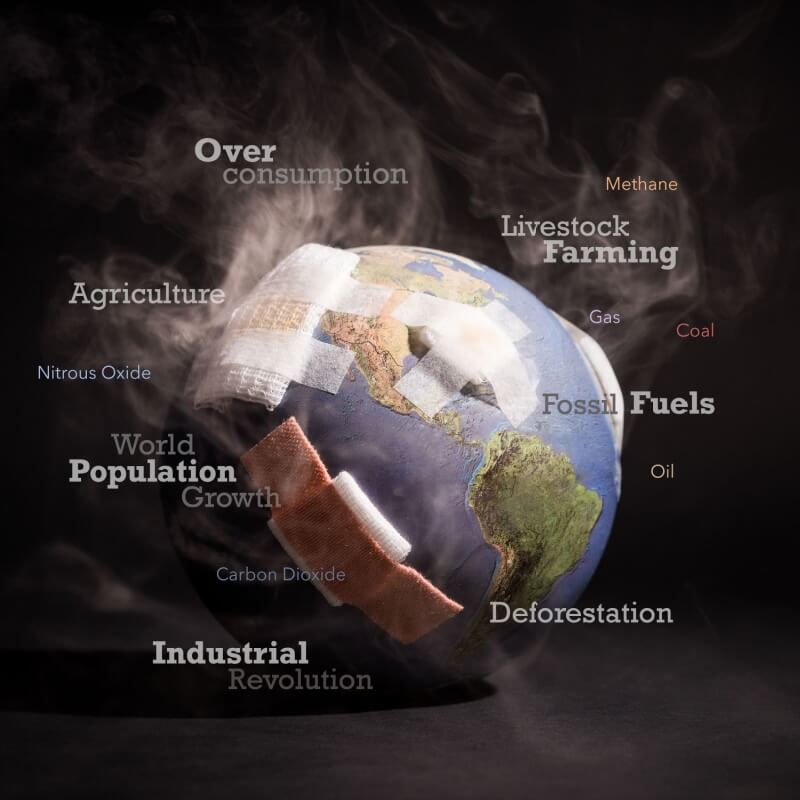
Gavin Schmidt, the director of NASA’s Goddard Institute for Space Studies, published an article in Nature this week, essentially saying that,
We are not ready for wet bulb temperatures, and yet it’s here

This week, Phuket officials issued stark warnings about heat stroke risks due to wet bulb temperatures, detailing the dangers, as well as what to do
How much does Halloween cost the earth?

Halloween celebrations are exploding all over the world, but what does that mean for earth? Costumes (including pet costumes), candies
Get prepared for extreme heat – tips for individuals, communities, businesses and governments
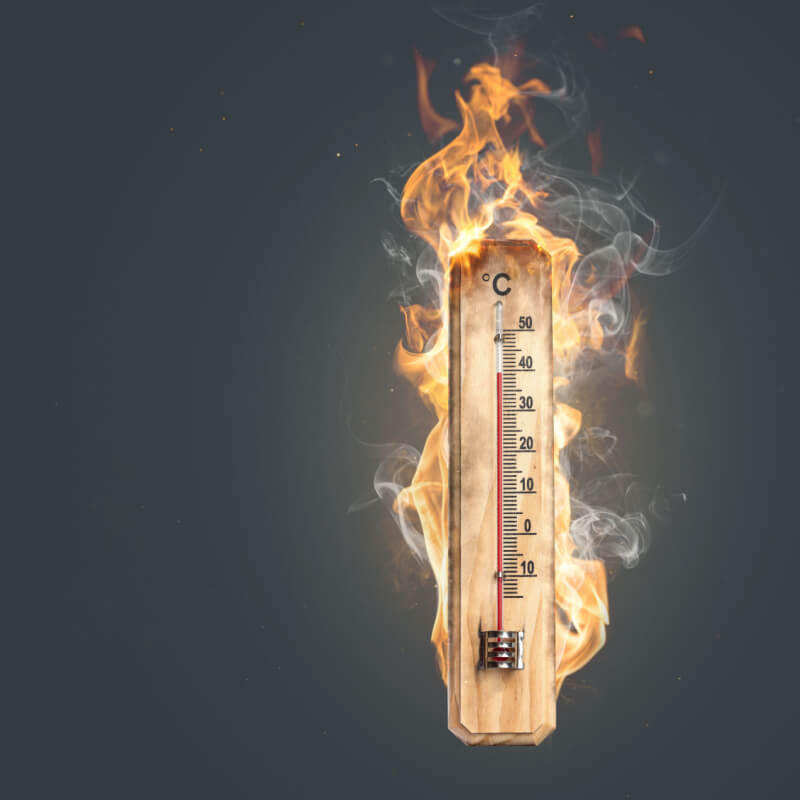
All countries in the Global South are not ready for these heat extremes, and seeing what has happened in the Northern Hemisphere summer
With extreme weather events, how to spot misinformation
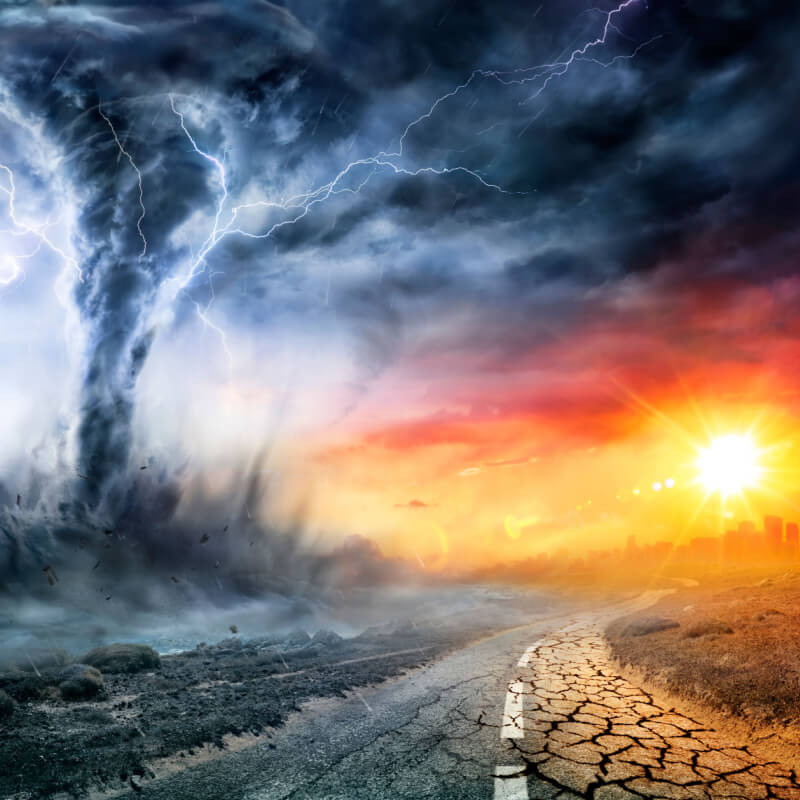
Fake information is everywhere, and I know it’s hard to see straight when we are being bombarded with the latest tragedies, but it’s really
Six climate actions we can all do right now
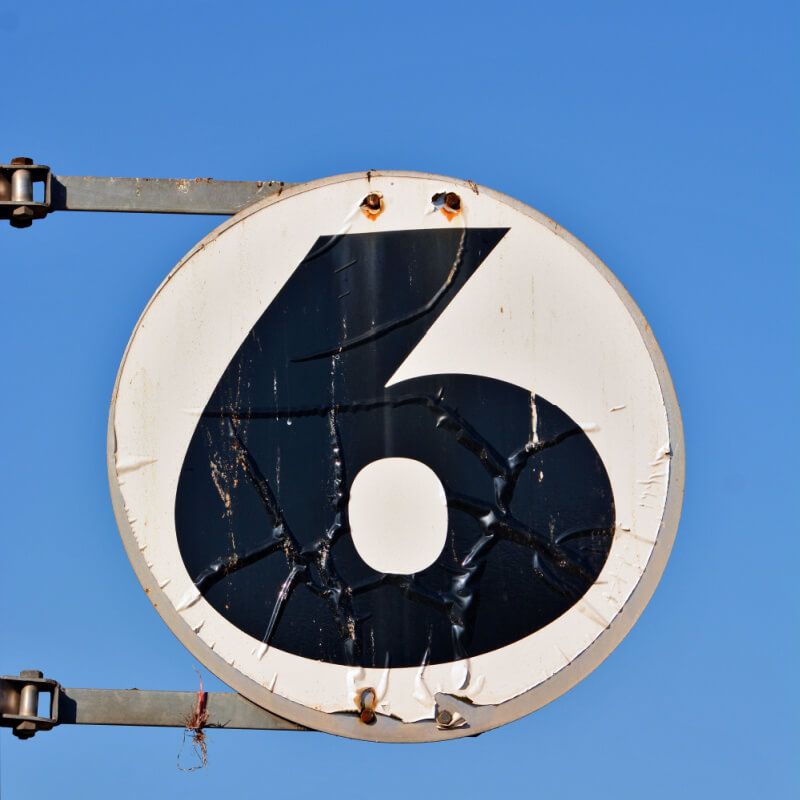
In 2023 records have been shattered all over the globe – heat, fire, rain, drought and more. We are in climate acceleration now (it started early 2022)
Adaptation for wet bulb temperatures (the short version)

What can we do to prepare for un-liveable heat? The most important part, as always, is educating ourselves! With extreme heat, the most important
Uncommon Courage #79 A time for reflection
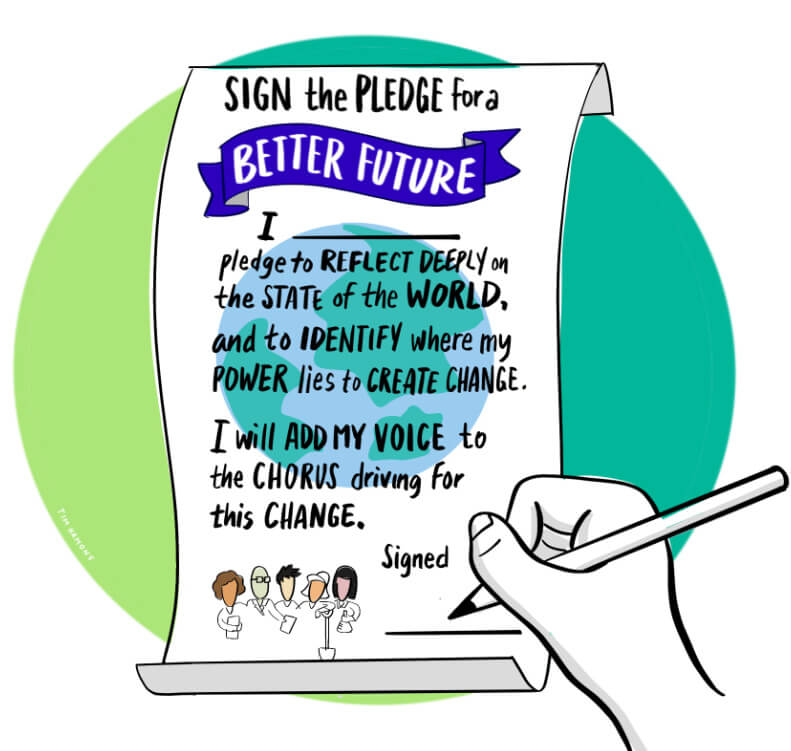
IT FELT LIKE WE WERE ALL given a big time out during the pandemic. We were sent to our rooms and told to reflect and consider
